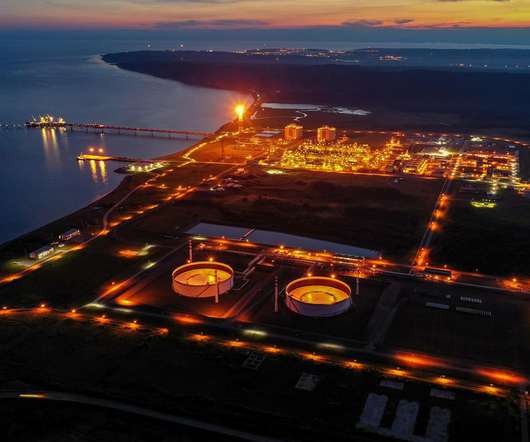BP Statistical Review finds global oil share down for 12th year in a row, coal share up to highest level since 1969; renewables at 2%
Green Car Congress
JUNE 13, 2012
Oil demand grew by less than 1%—the slowest rate amongst fossil fuels—while gas grew by 2.2%, and coal was the only fossil fuel with above average annual consumption growth at 5.4% Coal was again the fastest growing fossil fuel with predictable consequences for carbon emissions; it now accounts for 30.3% globally, and 8.4%











Let's personalize your content